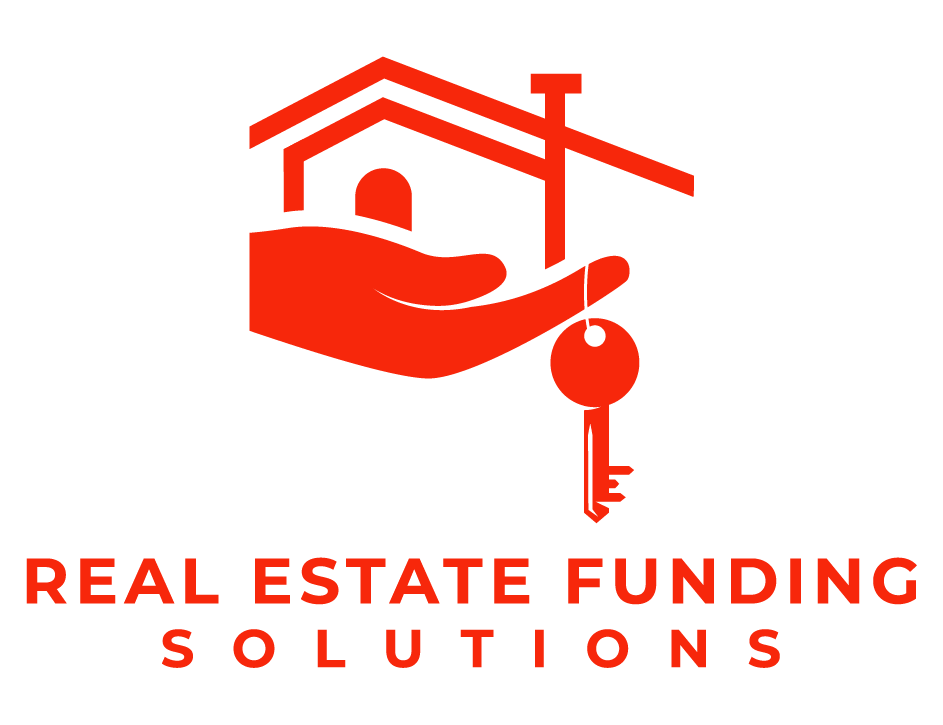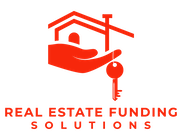Introduction
When it comes to obtaining a mortgage, traditional lenders often require borrowers to submit extensive documentation to verify their income. However, for self-employed individuals, freelancers, or those with irregular income streams, the process can be daunting. That’s where “Stated Income Mortgages” step in as a viable alternative. In this comprehensive guide, we’ll delve into what these Mortgages are, their benefits and drawbacks, eligibility criteria, and how they can help homebuyers achieve their dreams.
Understanding Stated Income Mortgages
Stated Income Mortgages, also known as “no doc loans” or “self-employed mortgages,” allow borrowers to state their income without providing extensive documentation. Unlike traditional loans, which rely heavily on W-2s and tax returns, lenders consider other sources of income, making them a popular choice for self-employed individuals and freelancers.
Pros and Cons of Stated Income Mortgages
Advantages
- Flexibility for self-employed and gig economy workers
- Faster approval process due to reduced documentation requirements
- Allows borrowers with non-traditional income to qualify for a mortgage
- Ideal for those with substantial assets but limited reported income
Drawbacks
- Higher interest rates compared to conventional loans
- Potential risk of overborrowing for borrowers
- Limited options from traditional lenders due to stricter regulations post-2008 financial crisis
Eligibility and Qualification
Stated Income Mortgages, also known as no-doc loans or self-employed mortgages, offer a unique financing option for borrowers with non-traditional income sources. While these loans can be beneficial for self-employed individuals, freelancers, and investors, qualifying for them requires meeting specific eligibility criteria and providing adequate documentation to demonstrate financial stability. Here’s what you need to know about eligibility and qualification:
Eligibility Criteria: To be eligible for a Stated Income Mortgage, borrowers typically need to meet the following requirements:
Self-Employment or Non-Traditional Income: Stated Income Mortgages are designed for individuals with income sources that may not be easily verified through traditional documentation, such as tax returns or W-2 forms. Self-employed individuals, freelancers, and investors who earn income from rental properties or other ventures often qualify.
Creditworthiness: While these mortgages are intended for borrowers with unique income situations, lenders still assess creditworthiness. A good credit score enhances the chances of approval and may lead to better loan terms.
Down Payment: Most lenders require a down payment and the specific amount varies. But having a substantial down payment can improve loan approval odds.
Qualification Process: To qualify for a Stated Income Mortgage, borrowers need to provide certain documentation to demonstrate their financial stability and repayment capacity:
Stated Income Declaration: As the name suggests, borrowers must disclose their stated income. While detailed income verification is not required, lenders will ask borrowers to provide a signed statement declaring their income level.
Asset Verification: In lieu of traditional income documentation, lenders may request asset verification to assess the borrower’s financial stability. Bank statements, investment account statements, and proof of savings can be helpful in this regard.
Credit History: Lenders will review the borrower’s credit history and credit score to evaluate their creditworthiness. A solid credit history can positively impact loan approval.
Property Appraisal: If the Stated Income Mortgage is for an investment property, lenders will conduct a property appraisal to determine its value. A knowledgeable loan officer can guide borrowers through the application process, help them understand the requirements, and increase the likelihood of securing a Stated Income Mortgage that suits their financial goals. Keep in mind that while such mortgages offer flexibility, responsible borrowing practices are crucial to ensure long-term financial success.
Conclusion
In conclusion, Stated Income Mortgages can be a lifeline for self-employed individuals and those with non-traditional income sources seeking homeownership. Understanding the benefits and drawbacks, qualifying criteria, and responsible borrowing practices are crucial to make the most of this unique mortgage option. As the lending landscape evolves, these mortgages continue to play a vital role in providing opportunities for a diverse range of borrowers to achieve their dream of owning a home. If you find yourself in a situation where traditional mortgages seem unattainable, explore the potential of Stated Income Mortgages with reputable lenders to take a step closer to realizing your homeownership goals.



